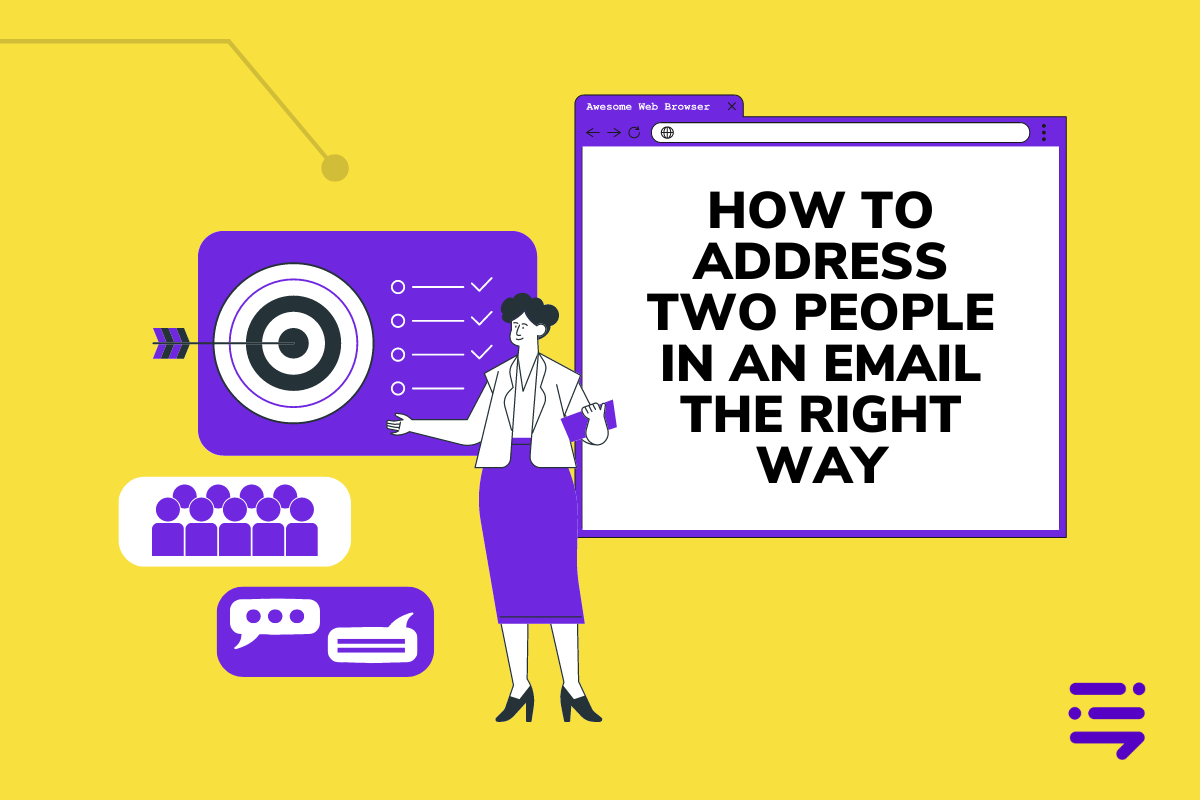
Protect Customer Privacy in Complaints
Customer service representatives must follow best practices to protect sensitive information in order to ensure customer privacy during complaint resolution. This is important to maintain trust and confidentiality with customers. The benefits of implementing these best practices include increased customer trust, improved reputation, and reduced risk of data breaches or privacy violations.
Related Blog Articles

How to Start & Grow a Business: Everything You Need to Know
Starting a business is an exciting journey filled with opportunities for innovation, growth, and personal fulfillment. In today’s fast-paced digital marketplace, aspiring entrepreneurs have more resources and tools than ever to bring their ideas to life. Whether you’re looking to launch a traditional brick-and-mortar establishment or an online venture, understanding the foundational elements of entrepreneurship […]

Your Master Guide to ChatGPT Prompts: Unlocking the Power of Content Creation
"Unlock the power of content creation with chatgpt prompts! Learn how to use them for researching blog topics, creating outlines, writing social media posts & more. Get ready to take your content game up a notch!"

How to Change Email on Instagram in 6 Easy Steps
Learn how to change email on Instagram in just 6 simple steps. Update your account email quickly and easily, whether on mobile or desktop.

How to Address Two People in an Email The Right Way
Learn how to address two people in an email with proper etiquette. Discover tips for formal and informal emails, and examples to help you get it right.

How to Delete an Email: A Step-by-Step Guide
Learn how to delete an email in just a few clicks. Our easy-to-follow guide will show you how to clean up your inbox and get rid of unwanted messages.

How to Send a Video Through Email: Tips & Tricks
Learn how to send a video through email and discover the best methods, tips, and tricks for sending videos without any hassle.

